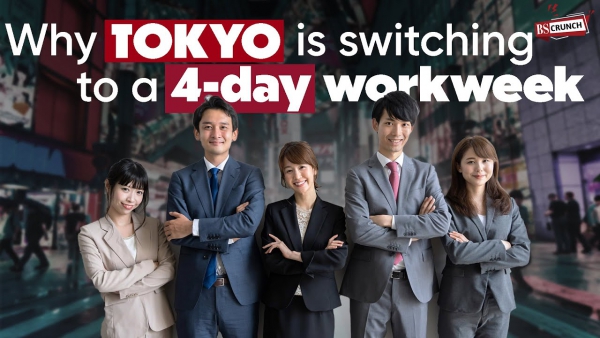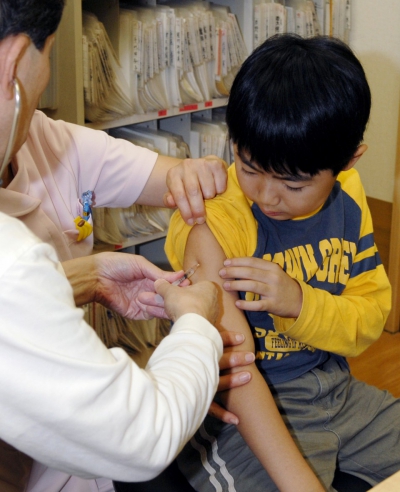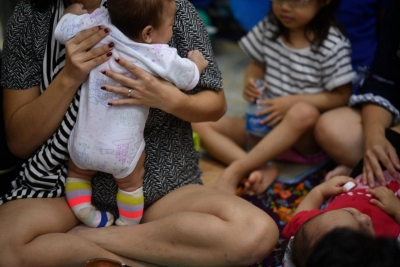The Tokyo government said the new arrangement will be implemented from April 2025 and may give employees three days off per week. At the same time, the government also announced a policy for parents of children in grades one to three of primary school, allowing them to choose a slight reduction in salary in exchange for the option of getting off work early.
Four-day week experiment in Tokyo draws on the experience of similar plans of local governments all over Japan. The plan originated from the UK-based non-profit organization "4 Day Week Global".
The organization publicizes the multiple benefits of shortening the working week and conducts experiments around the world to evaluate the effect of this policy. Traditional ideas often strongly resist this policy, but Charlotte Lockhart, the founder of the "4 Day Week Global", said that experiments conducted in 20 countries with different systems, social work expectations and economic development levels showed that the results were "surprisingly consistent".
“Increased productivity, an enhanced ability to attract and retain employees, and sick days reduced by more than half are significant benefits that transcend national borders,” Lockhart said.
The fertility rate of Japan has continued to decline sharply for years and hit another low in June, despite the Japanese government's stepped-up efforts to encourage young people to get married and have children.
The efforts to combat low birth rates that Tokyo made are becoming increasingly urgent. This year, the government launched a dating app, hoping to ease users' concerns through an official background and strict membership rules, and attract users who are truly interested in getting married and starting a family. In addition to personal and educational information, the app requires users to commit that the purpose of use is marriage, not short-term relationships.
















